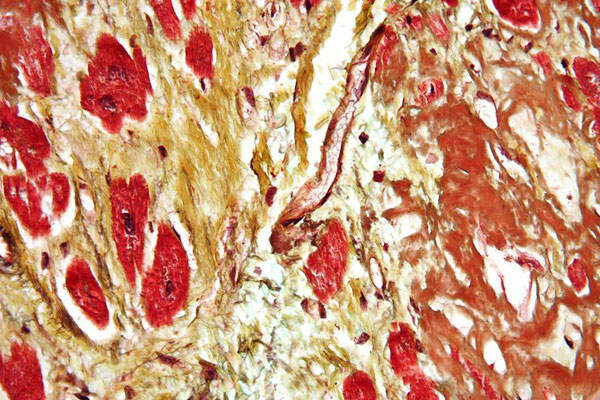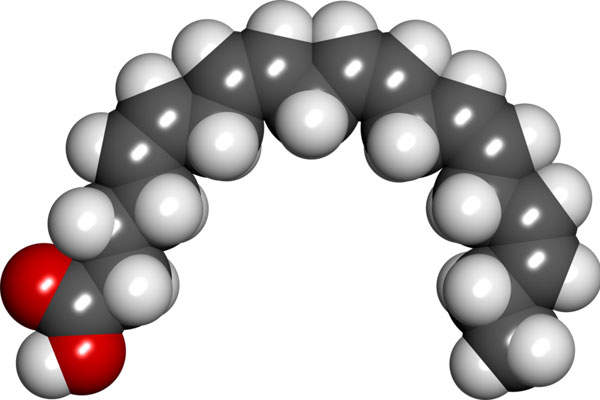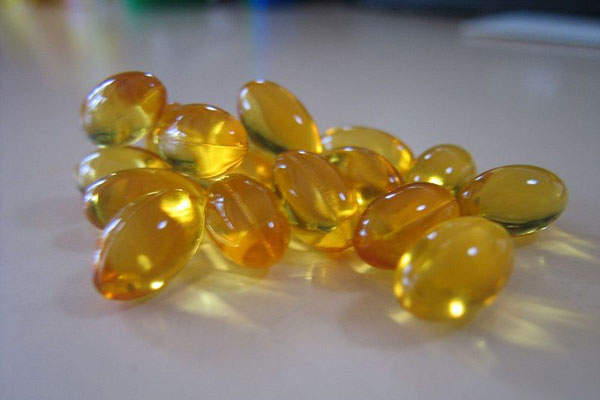
Epanova (omega-3-carboxylic acids) is indicated for the treatment of adult patients with severe hypertriglyceridaemia. Epanova formulation was originally discovered by Chrysalis Pharma that gave worldwide license to Omthera Pharmaceuticals, which was acquired by AstraZeneca in May 2013.
Omthera submitted new drug application (NDA) to the US Food and Drug Administration (FDA) for Epanova’s approval in July 2013. The FDA accepted the NDA for review in September 2013. It also fixed 5 May 2014 as the Prescription Drug User Fee Act (PDUFA) goal date.
The FDA approval for Epanova as an adjunct to diet to reduce triglyceride levels in adults with severe hypertriglyceridaemia was received in May 2014.
Hypertriglyceridemia
Hypertriglyceridemia is a serum lipid disorder characterised by very high blood lipid levels or triglycerides. Elevated level of triglycerides can lead to the major risk factors associated with cardiovascular diseases (CVD). The disease is also known as diabetic dyslipidemia.
The condition is estimated to affect more than 40 million people in the US. It is also estimated that there are about five million patients in the US with triglyceride levels greater than 500mg/dL.
Epanova’s mechanism of action
Epanova contains a mixture of the Omega-3 fatty acids forms such as eicosapentaenoic acid (EPA) and docosahexaenoic acid (DHA).
The drug reduces triglyceride levels and improves other key lipid parameters. It is available in soft gelatin capsule form for oral administration in either 2gm (2 capsules) or 4gm (4 capsules).
Clinical trials on Epanova
The NDA on Epanova was based on two pharmacokinetic and Phase III clinical trials known as EVOLVE and ESPRIT. The two studies enrolled more than 1,000 patients. The FDA approval Epanova was based on results obtained from the Phase III EpanoVa fOr Lowering Very High triglyceridEs (EVOLVE) trial (EVOLVE) clinical trial.
The EVOLVE trial was a 12 week, multi-centre, randomised, double-blind study. It enrolled 399 patients and evaluated the efficacy and safety of three doses of Epanova in patients with fasting TG levels of at least 500mg/dL but less than 2,000mg/dL. The patients were administered with four different doses which included Epanova 2g/day, Epanova 3g/day, Epanova 4g/day, and control (olive oil 4g/day).
The primary endpoint of the study was triglycerides (TG) reduction at week 12. The secondary endpoint included reduction of non-HDL-C (high density lipoprotein cholesterol) at all doses.
The study results demonstrated that TG was reduced significantly in all dose groups. Non-HDL-C was also reduced in all dose groups. Epanova was safe and well tolerated during the study. Significant reductions were also found in multiple, established markers of atherogenicity in Epanova 4g/day cohort.
The second clinical study known as Epanova combined with a Statin in Patients with HypertRiglycerIdemia to Reduce Non-HDL CholesTerol (ESPRIT) was a six-week, randomised, double-blind, and parallel group study. The study enrolled 647 patients and evaluated the efficacy and safety of add-on Epanova in hypertriglyceridemia and high risk for cardiovascular disease patients.
The patients were administered with three different doses of Epanova 2g/day, Epanova 4g/day, and control (olive oil 4g/day). The primary endpoint was the percentage change in Non-HDL-C from baseline to week six. The secondary endpoints included the percentage change in TG and HDL-C from baseline to week six.
The results of the study showed statistically significant reduction of non-HDL-C in all dose groups form base line to week six in the Epanova 4 gram cohort. It also showed reduction in TG in all dose groups with 21% decrease in Epanova 4 gram cohort. VLDL-C came down by 22% with the Epanova 4 gram dose and the plasma levels of EPA and DHA increased with both doses of Epanova.
Marketing commentary
Epanova is the first prescription omega-3 in free fatty acid form drug approved by the FDA. AstraZeneca now holds the development and marketing rights of Epanova in the US. Epanova faces competition from Lipaglyn (Saroglitazar)developed by Zydus Cadila for treating Hypertriglyceridemia in type II diabetics.
Related project
Lipaglyn (Saroglitazar) for Treating Hypertriglycerdemia in Type II Diabetes, India
Lipaglyn (Saroglitazar) is a dual peroxisome proliferator-activated receptor (PPAR) agonist indicated for the treatment of hypertriglyceridemia in Type II diabetics.





